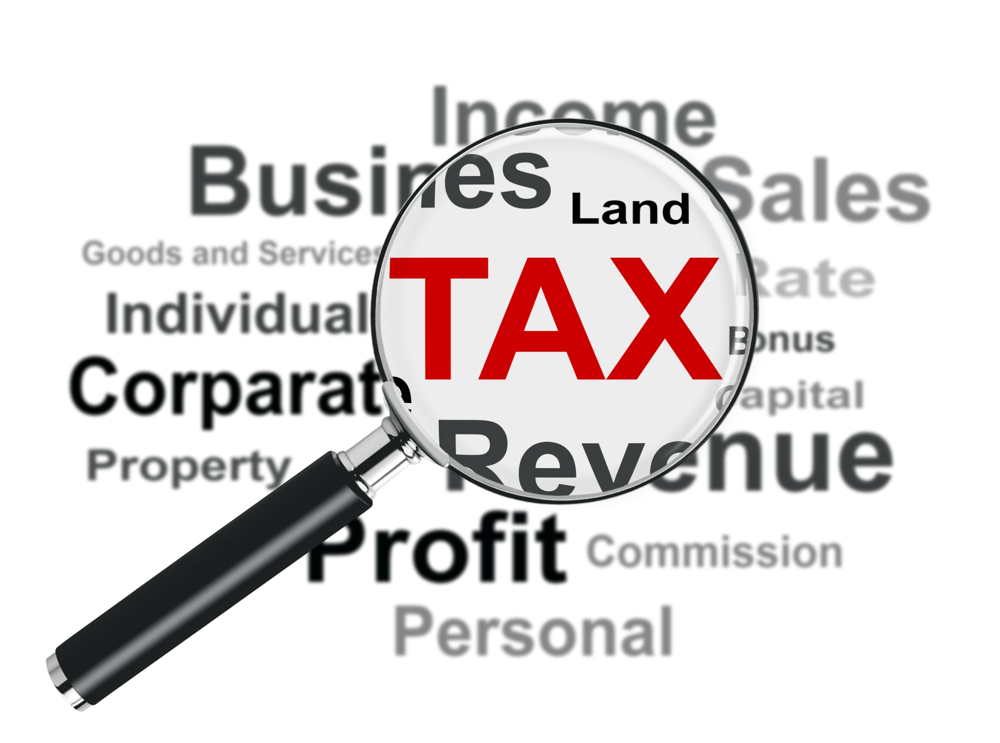April 6 marks a big day for UK taxpayers and state pensioners as the start of the new financial year that comes with several changes that will affect many people’s finances.
Here are some of the personal finance changes to expect:
Pensioners who retired after April 6, 2015, are set for 3.9% rise from £168.62 to £175.20 a week as the triple-lock inflation guarantee kicks in.
The increase takes the flat-rate state pension to £9,114.40 a year.
The triple lock boosts the state pension by a minimum 2.5% or the percentage increase in average wages or inflation, whichever is highest.
Last September, when the rise is measures, wages had gone up by 3.9% over the previous 12 months.
Pension changes
The old state pension, for those retiring before April 6, 2015, also goes up – from £129.20 a week to £134.25.
How much savers can invest in their pension also changes.
The lifetime allowance – the maximum amount anyone can save across all their pensions – rises to £1.073 million.
The amount someone can earn before paying tax remains at £12,500, while the higher rate threshold stays at £37,500. This is the amount 40% tax kicks in and lets someone earn £50,000 without paying tax at the higher rate.
Pension taper relief also changes. This reduces the annual tax-relieved contribution amount from £40,000 to £10,000 for those earning more than £240,000 a year – up from £110,000 a year.
Tax and CGT for landlords
New rules dealing with mortgage interest relief for landlords comes into force in full from April 6 after several years of phasing in .
Landlords also see the scrapping of Capital Gains Tax lettings relief unless the landlord shares a home with a tenant.
The annual exempt amount, which is how much gain someone can make before paying CGT rises from £12,000 to £12,300.
Other changes include alterations to National Insurance Contributions for PAYE workers.
The IR35 off-payroll rules due to come in for private sector freelances and contractors have been postponed for at least a year.
